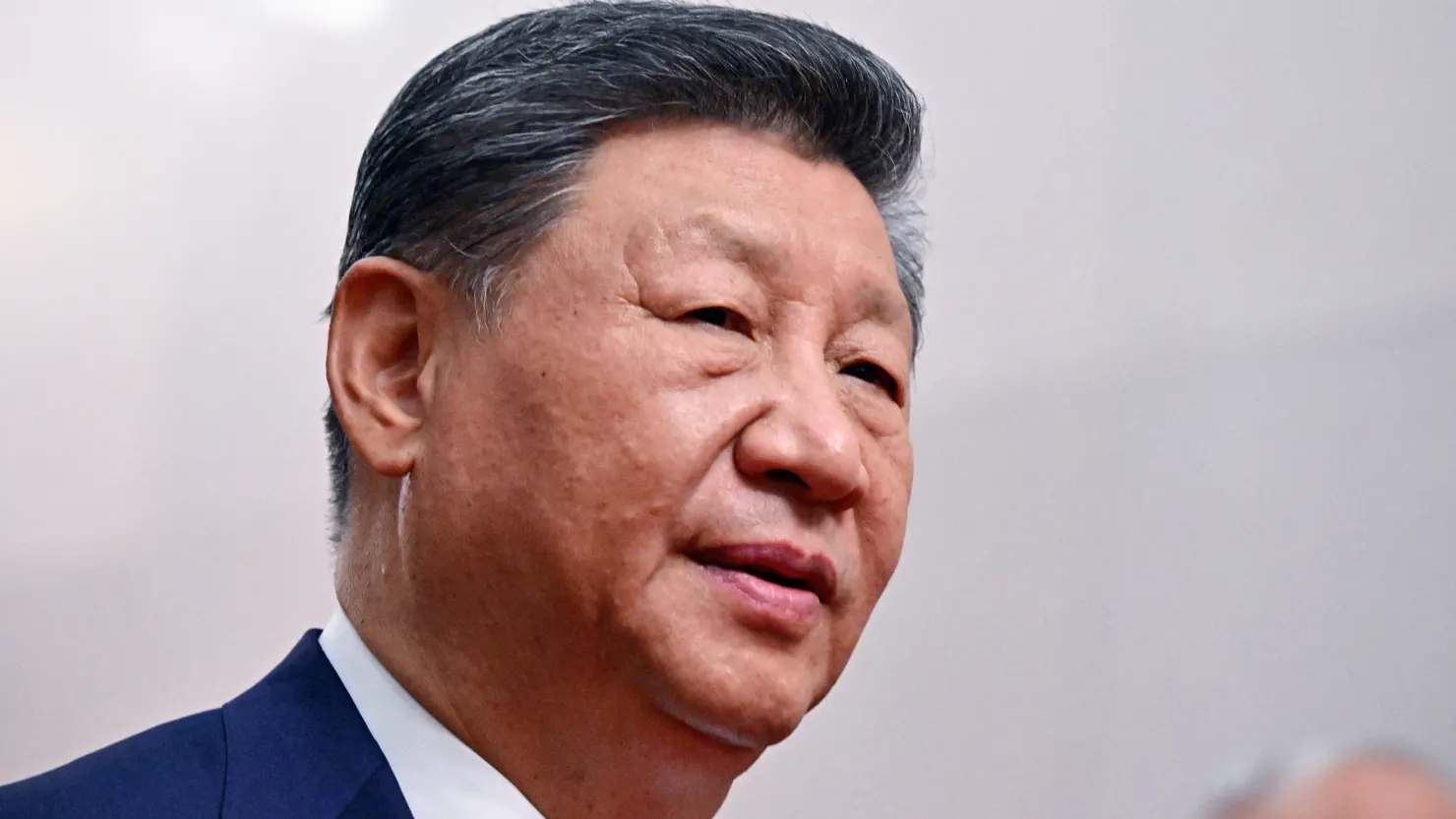At the Asia-Pacific Economic Cooperation (APEC) summit in Gyeongju, South Korea, Chinese President Xi Jinping unveiled a bold proposal for a “World Artificial Intelligence Cooperation Organization”, aiming to establish international rules for the development and use of artificial intelligence. The move positions China as a major player in global AI governance and signals a strategic challenge to the United States’ approach to the technology sector.
According to Chinese officials, the proposed organization would focus on AI as a global public good, fostering cooperation, standard-setting, and responsible innovation across nations. Shanghai has been suggested as a potential headquarters for the body, reflecting China’s ambition to become a hub for AI policy and leadership.
The initiative comes amid growing tension between the U.S. and China over AI technology and regulation. While the United States favors a lighter-touch model that prioritizes innovation, China advocates a multilateral framework emphasizing state oversight, shared rules, and ethical considerations. Xi emphasized that AI should not become an exclusive domain controlled by a few powerful countries, signaling China’s intent to engage the Global South and other emerging economies in governance discussions.
APEC members also adopted a joint declaration on AI and the challenges of aging populations, highlighting the broader context of technology-driven policy and international collaboration. Several countries, including India, have expressed cautious interest in the proposal, though concerns about governance, inclusivity, and potential geopolitical influence remain.
Experts say the success of China’s initiative will depend on its ability to convince a diverse range of countries to participate and to reconcile differing approaches to AI oversight. If widely adopted, the body could reshape global AI standards, influence investment patterns, and affect the trajectory of technological innovation worldwide.
As nations deliberate over the proposal, the coming months are expected to reveal whether China’s vision for a cooperative AI framework can gain traction or whether competing models led by the U.S. and other technology powers will dominate the global landscape.
















Leave a Reply